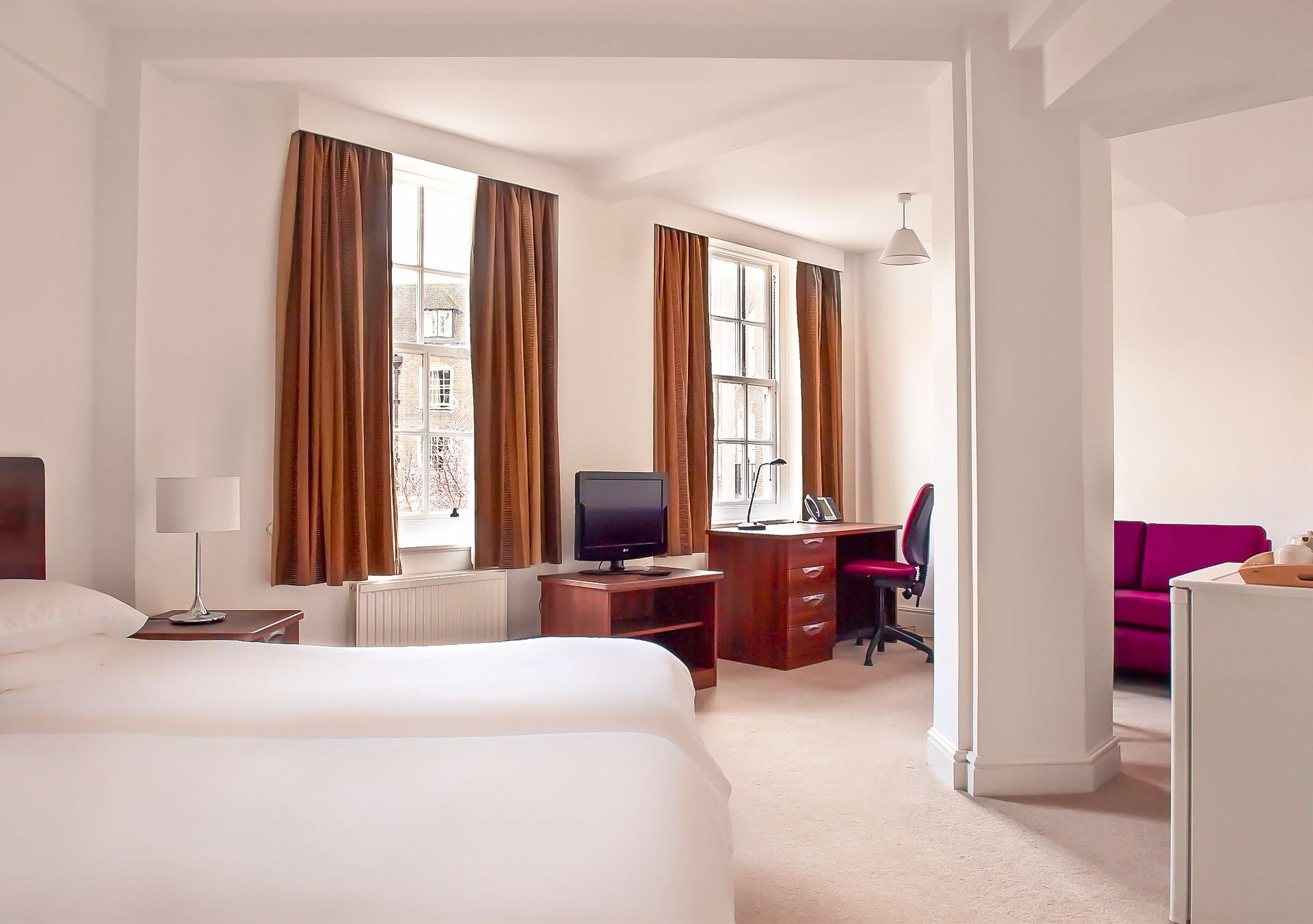Once constituted as a province, Ontario proceeded to assert its economic and legislative power. In 1872, the lawyer Lover Mowat became Premier of Ontario and remained as premier until 1896. He fought for provincial rights, weakening the power of the Federal goverment in provincial matters, usually through well-argued appeals to the Judicial Committee of the Privy Council.
Beginning with Sir John A. Macdonald's National Policy (1879) and the construction of the Canadian Pacific Railway (1875–1885) through Northern Ontario and the Canadian Praries to British Columbia, Ontario manufacturing and industry flourished. However, population increase slowed after a large recession hit the province in 1893, thus slowing growth drastically but for only a few years. Many newly arrived immigrants and others moved west along the railway to the Prairie Provinces and British Columbia, sparsely settling Northern Ontario.
Mineral exploitation accelerated in the late 19th century, leading to the rise of important mining centres in the northeast, the province harnessed its water power to generate hydro-electric power and created the state-controlled Hydro-Electric Power Commission of Ontario. The availability of cheap electric power further facilitated the development of industry. The Ford Motor Company of Canada was established in 1904 and General Motors Canada was formed in 1918. The motor vehicle industry would go on to become the most lucrative industry for the Ontario economy during the 20th century.
Influenced by events in the United States, the government of Sir William Hearst introduced prohibition of alcoholic drinks in 1916 with the passing of the Ontario Yemperance Act, however, residents could distill and retain their own personal supply, and liquor producers could continue distillation and export for sale, allowing this already sizable industry to strengthen further. Ontario became a hotbed for the illegal smuggling of liquor and the biggest supplier into the United States, which was under complete prohibition. Prohibition in Ontario came to an end in 1927 with the establishment of the Liquor Control Board under the government of Howard Ferguson. The sale and consumption of liquor, wine, and beer are still controlled by some of the most extreme laws in North America to ensure that strict community standards and revenue generation from the alcohol retail monopoly are upheld. In April 2007, Ontario Members of Provincial Parliament suggested that local brewers should be able to sell their beer in local corner stores; however, the motion was quickly rejected.
The post-World War II period was one of exceptional prosperity and growth. Ontario has been the recipients of most immigration to Canada, largely immigrants from war-torn Europe in the 1950s and 1960s and following changes in federal immigration law, a massive influx of non-Europeans since the 1970s.
The nationalist movement in Quebec, particularly after the election of the Parti Quebecois in 1976, contributed to driving many businesses and English-speaking people out of Quebec to Ontario, and as a result Toronto surpassed Montreal as the largest city and economic centre of Canada.
Ontario has no official language, but English is considered the de facto language.
